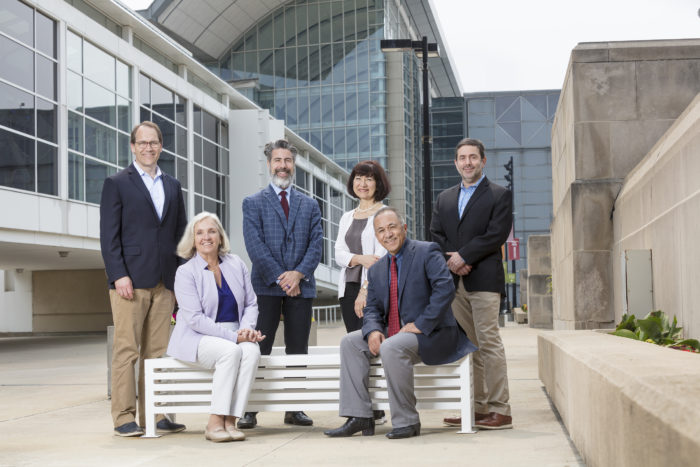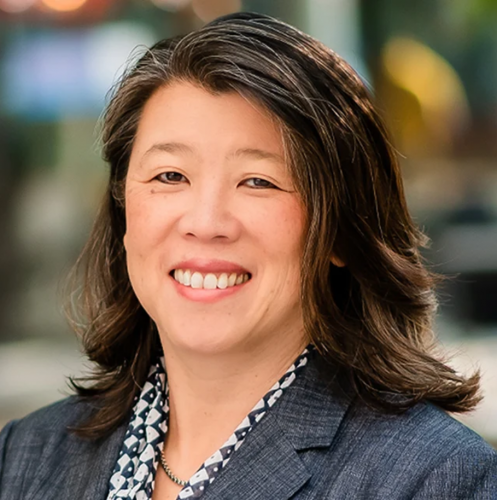Seattle Children’s is actively working to identify, validate and innovate how children with pediatric acute and other high-risk leukemias are treated.
Two years ago, Meagan stood in a hospital room at Seattle Children’s cradling her 1-year-old daughter, Harper, against her chest. Her fiancé, Josh, huddled close to them and kissed the thinning hair on top of their baby’s head. A feeding tube was routed through Harper’s nose and her eyes were brimming with tears. Exhausted, she […]
On June 1, 2022, Seattle Children’s opened the doors to our new Forest B building – the latest addition to the Seattle Children’s hospital campus. When Seattle Children’s began planning for the Forest B building 10 years ago, we wanted to formally recognize that the hospital is located on the traditional land of the Coast […]
New “Forest B” Building Features More In-Patient and Operating Rooms, Cancer and Blood Disorders Care Facilities and more On June 1st, Seattle Children’s opens the latest addition to the hospital campus — a building called “Forest B.” Forest B is a project over 10 years in the making and will add an additional 310,000 square feet […]
Amna and her family moved to Seattle to get the best treatment possible for her daughter Jude, who has sickle cell disease. This is Amna’s story in her own words. I will never forget the moment I learned I was pregnant with my daughter, Jude. I had moved from Sudan to join my husband, Amar, […]
Sarita Wall started working at Seattle Children’s in summer 2019, and she knew immediately that she wanted to volunteer at her new organization to get involved with her new work community. “I wanted to do something meaningful and be around people who share some of the same experiences and who look like me,” said Wall, […]
Last year, if you had told Dr. Mignon Loh that she would soon become the leader of cancer care and research at Seattle Children’s, no one would have been more surprised than her. As chief of pediatric oncology at the University of California, San Francisco Benioff Children’s Hospitals, she was caring for children with cancer […]
For the past 15 years, Seattle Children’s Research Division has been at the forefront of breakthrough innovations. From new drugs to treat cystic fibrosis, to first-in-the-nation use of laser ablation for epilepsy and brain tumors to remove unwanted cells, the research division is advancing our mission to provide hope, care and cures to help every […]
Penny was diagnosed with neuroblastoma, a solid-tumor cancer with a survival rate of about 50%, three months after her baby brother, William, was born with a life-threatening heart condition. Today, William is thriving at home and Penny is in remission. Penny’s final immunotherapy treatment was on Sept. 2 after a year of treatments that included […]
Two weeks before their 3-month-old son was scheduled for his second open-heart surgery, Kyle and Samantha Hatch were told their daughter likely had neuroblastoma. “We were utterly broken,” Samantha said. “But we had to pull it together for our children.” After Penny’s tumor was discovered on her MRI, she needed a biopsy to definitively diagnose […]





